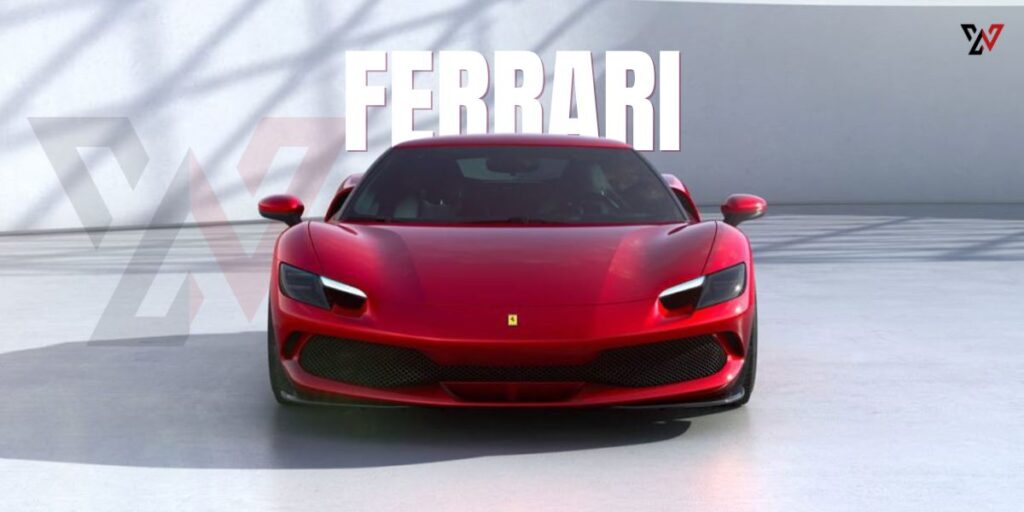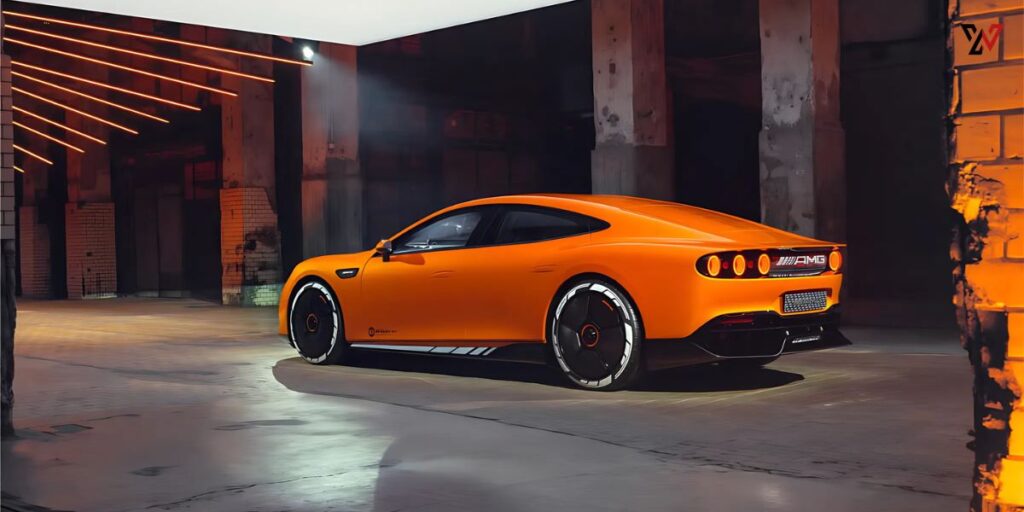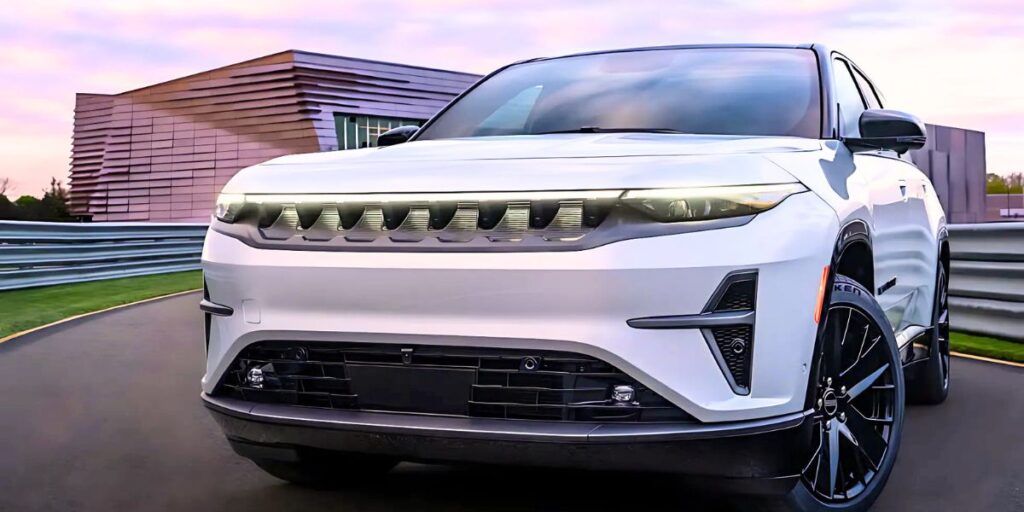
Ferrari Cuts Back Its 2030 Electric Car Goals
Ferrari has slashed its 2030 EV target from 40% to 20%, choosing a balanced mix of combustion, hybrid, and electric models while preparing to launch its first EV — the Elettrica — in 2026.
Toyota, during the recent inauguration of its Battery Electric Vehicle (BEV) facility, unveiled ambitious plans for its next-generation electric vehicles set to hit the roads in 2026. These upcoming EVs promise an impressive nearly 500 miles of range, showcasing Toyota’s commitment to advancements in battery technology, aerodynamics, and manufacturing efficiency.
At a technical briefing held in June, Toyota shared insights into its innovative developments, including advanced battery technologies, enhanced aerodynamics, and manufacturing upgrades. The focus is on elevating the electric vehicle (EV) market with next-gen models featuring extended range, faster charging capabilities, and a more accessible price point.
During the BEV factory launch, Toyota emphasized that production of these futuristic EVs would commence in 2026. The company introduced four next-gen batteries, each designed to revolutionize the electric driving experience:
Powering the 2026 EVs, this battery promises an impressive cruising range of nearly 500 miles, thanks to enhanced aerodynamics and reduced weight. Compared to the bZ4X, vehicles with the Performance battery are expected to cost 20% less and achieve fast charging in 20 minutes or less.
Slated for release in 2026 or 2027, this battery prioritizes affordability, aiming to increase cruising range by 20% (approximately 375 miles) while reducing costs by 40% compared to the bZ4X.
Toyota’s commitment to pushing the boundaries of EV technology extends beyond 2026:
In the pipeline is a high-performance battery set to increase cruising range to over 620 miles. Combining a bipolar structure with Li-ion chemistry and a high nickel cathode, this battery is expected to offer a 10% cost reduction compared to the Performance battery.
Toyota envisions a breakthrough with solid-state batteries, aiming for commercial use by 2027-2028. These batteries promise a range of approximately 620 miles and ultrafast charging in under 10 minutes, potentially revolutionizing the EV landscape.
Collaborating with the Space Division of Mitsubishi Heavy Industries, Toyota explores innovations to achieve over 745 miles of range. The focus includes reducing overall vehicle height by developing flatter battery technology.
While Toyota’s EV battery roadmap holds great promise, it’s essential to approach these developments with cautious optimism. These concepts are still under development, and timelines may shift before the official launch. Toyota’s commitment to electrification remains a key focal point, and enthusiasts eagerly await the realization of these groundbreaking advancements.


Ferrari has slashed its 2030 EV target from 40% to 20%, choosing a balanced mix of combustion, hybrid, and electric models while preparing to launch its first EV — the Elettrica — in 2026.

Mercedes-AMG is seriously considering a two-door electric grand tourer, a move that would electrify a legendary car lineup. This potential new model would be built on the new AMG.EA platform.

Stellantis has issued a recall for 75 Dodge Charger Daytona and Jeep Wagoneer S EVs due to a roll-away risk linked to an incorrectly installed gear spring. Learn which models are affected, what owners should do, and how to check if your vehicle is part of the recall.

CarNewsWorld © 2024 | Website Managed by Infinutus